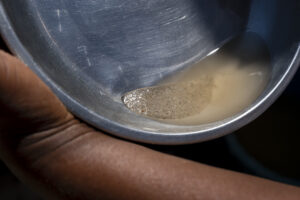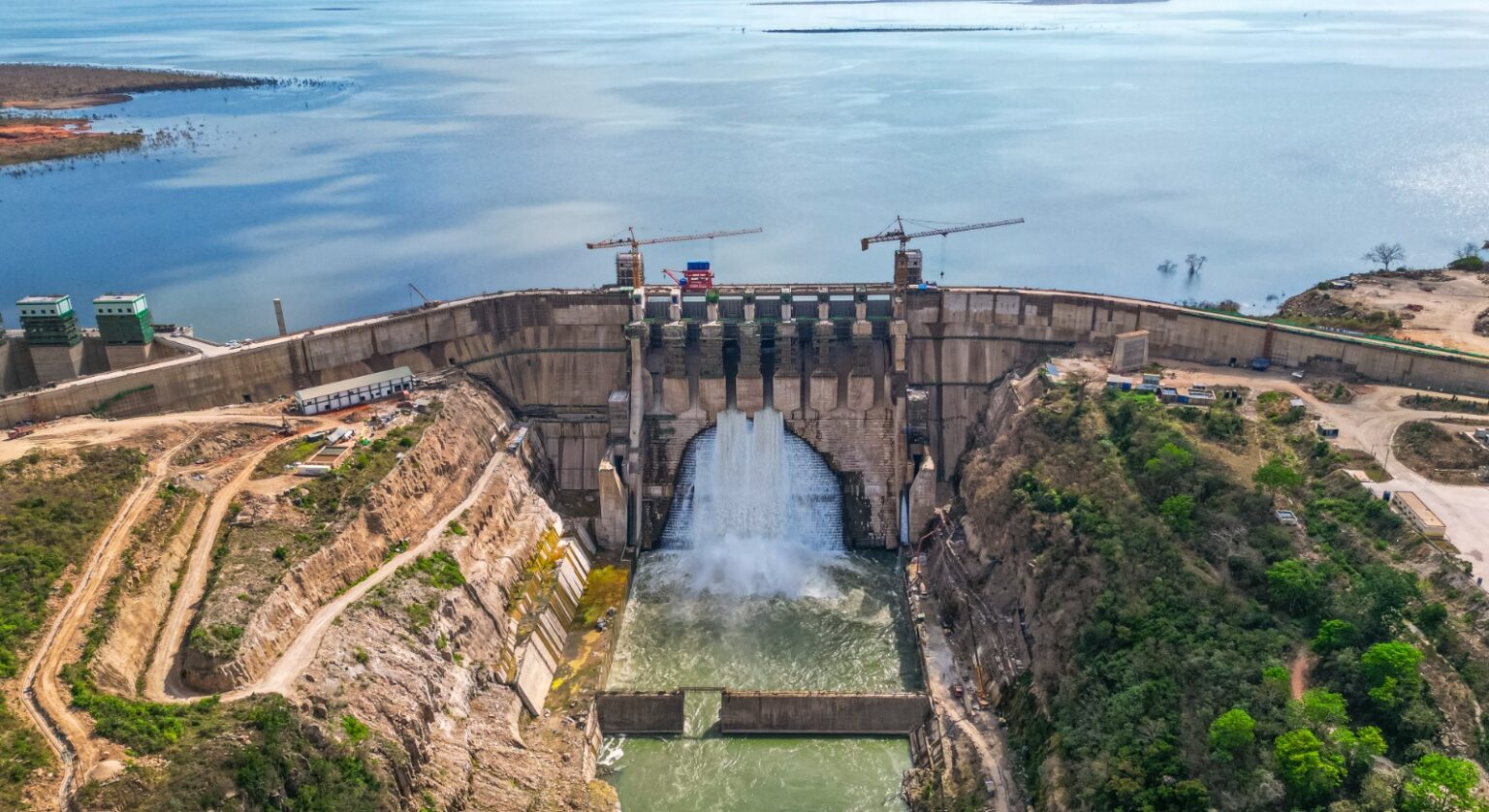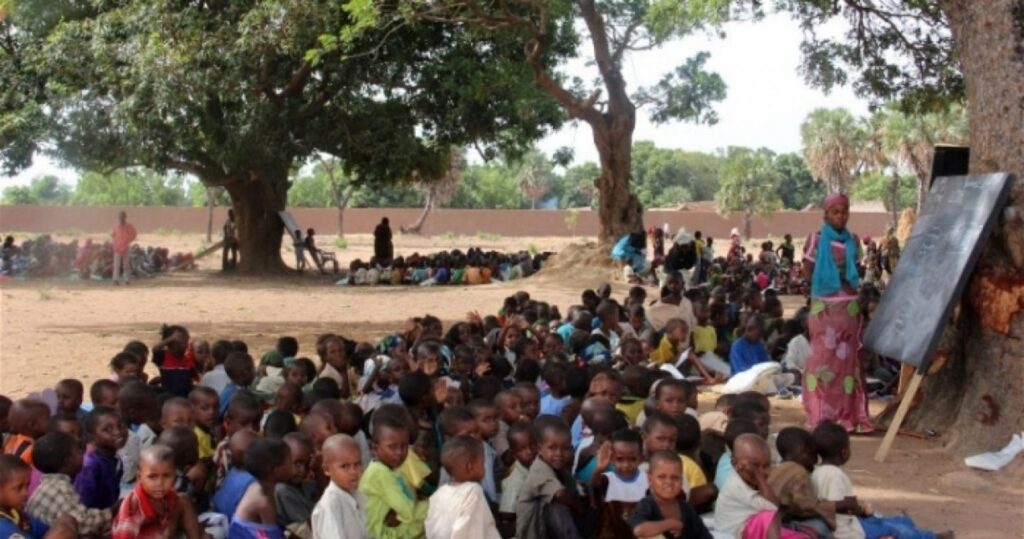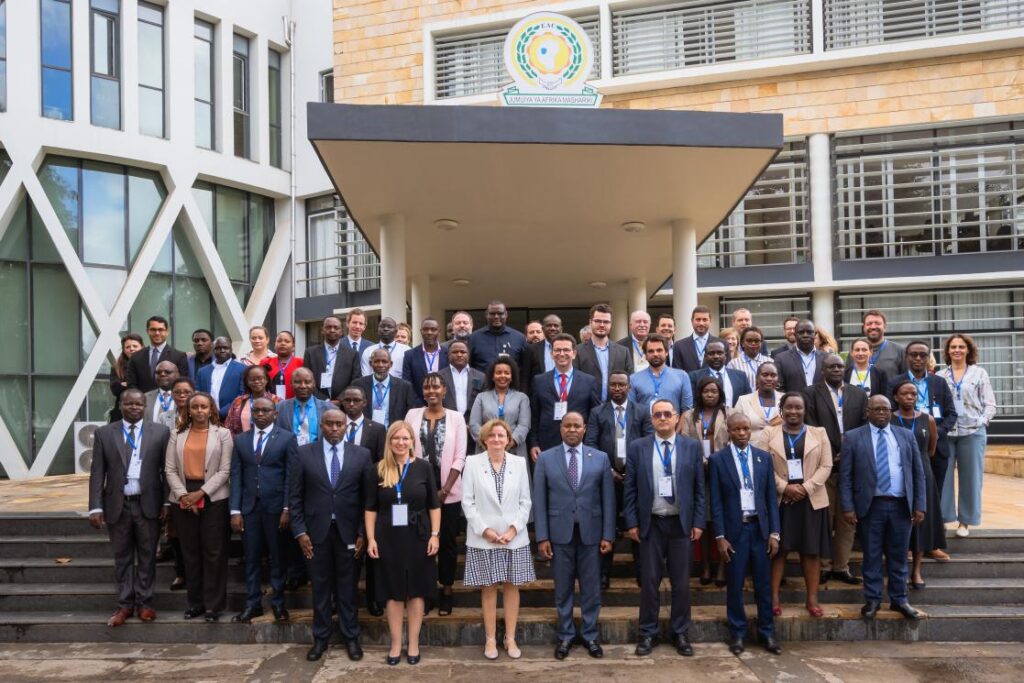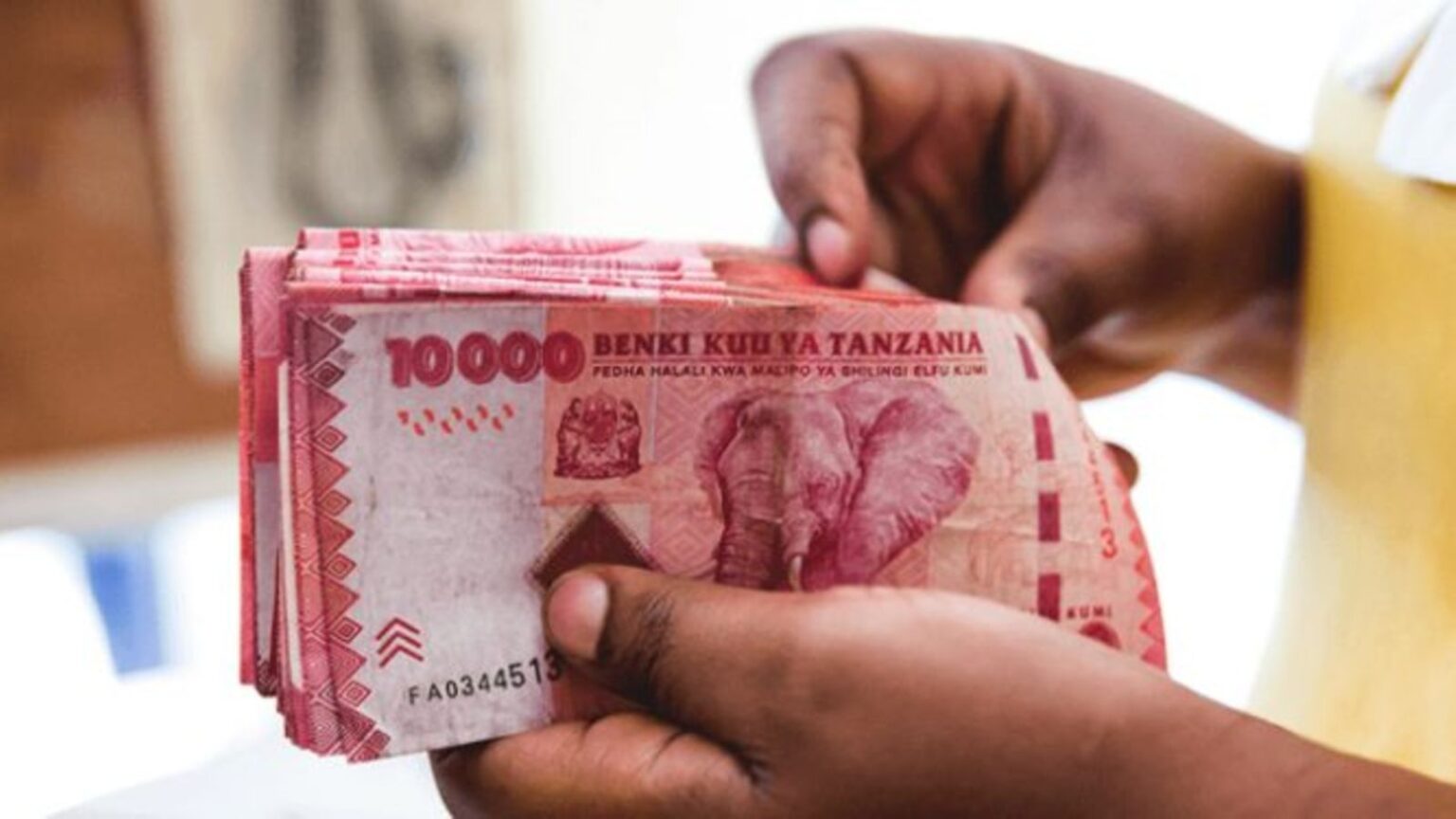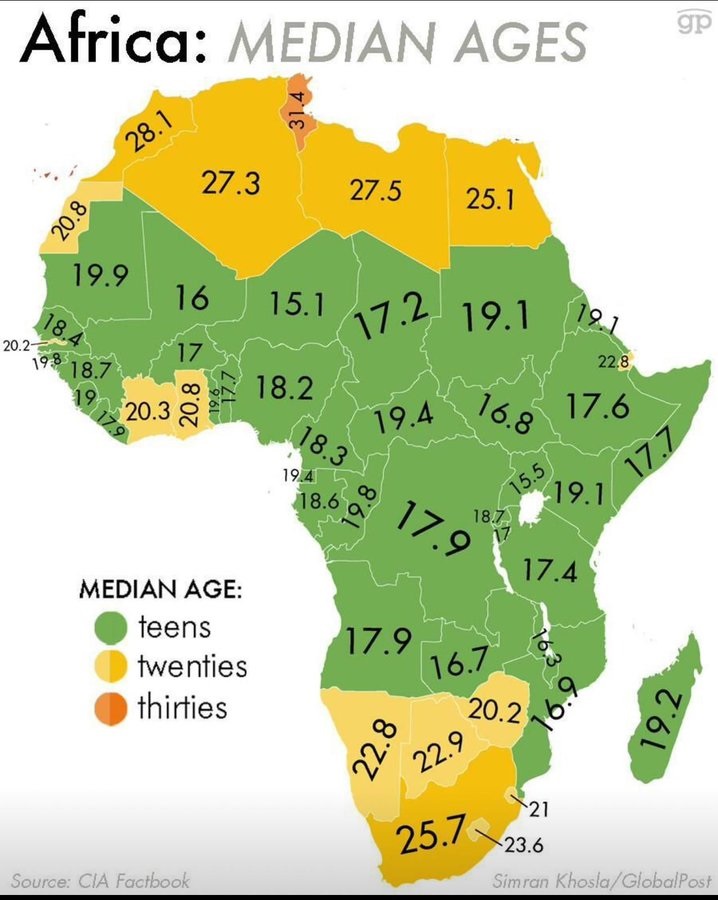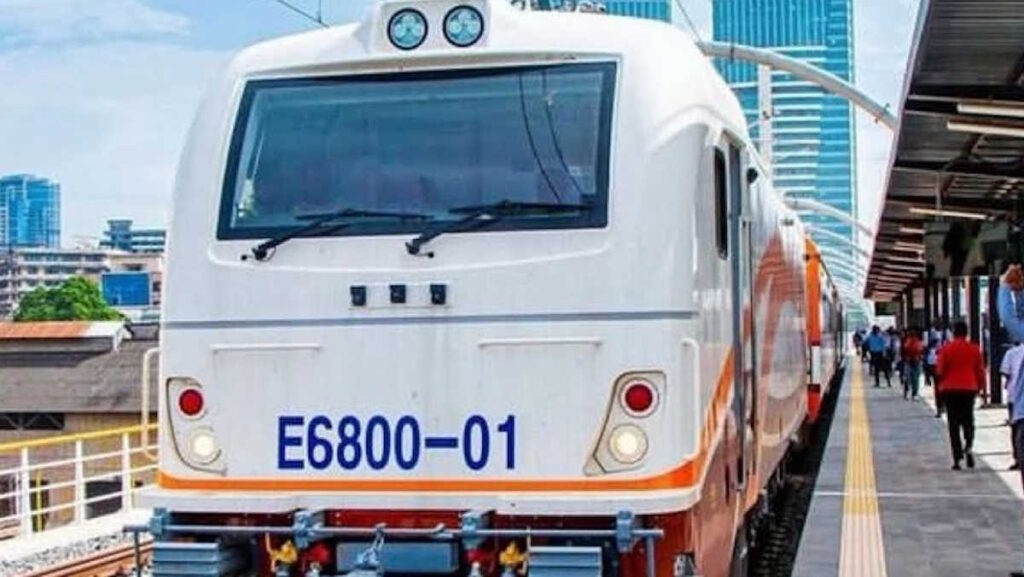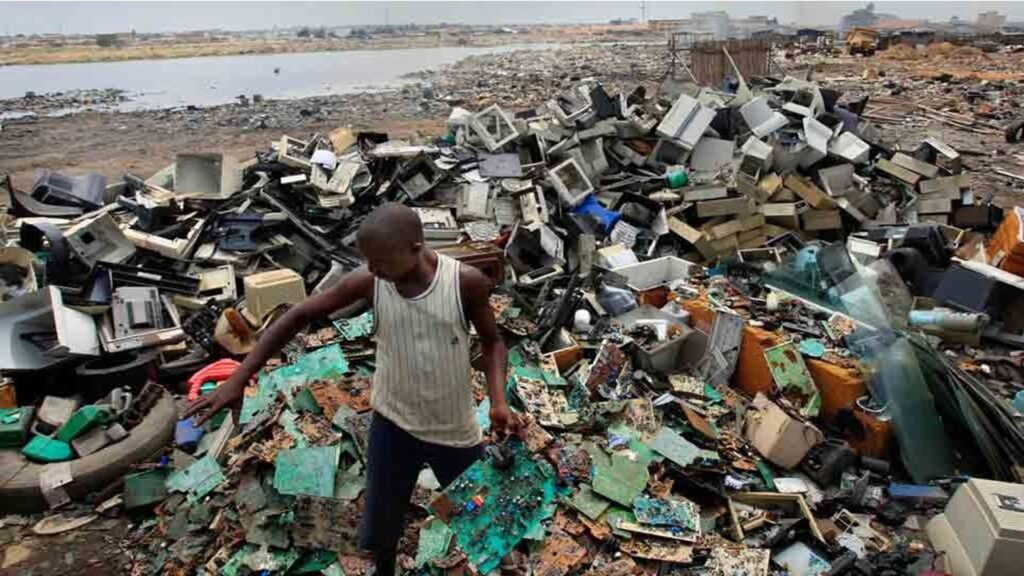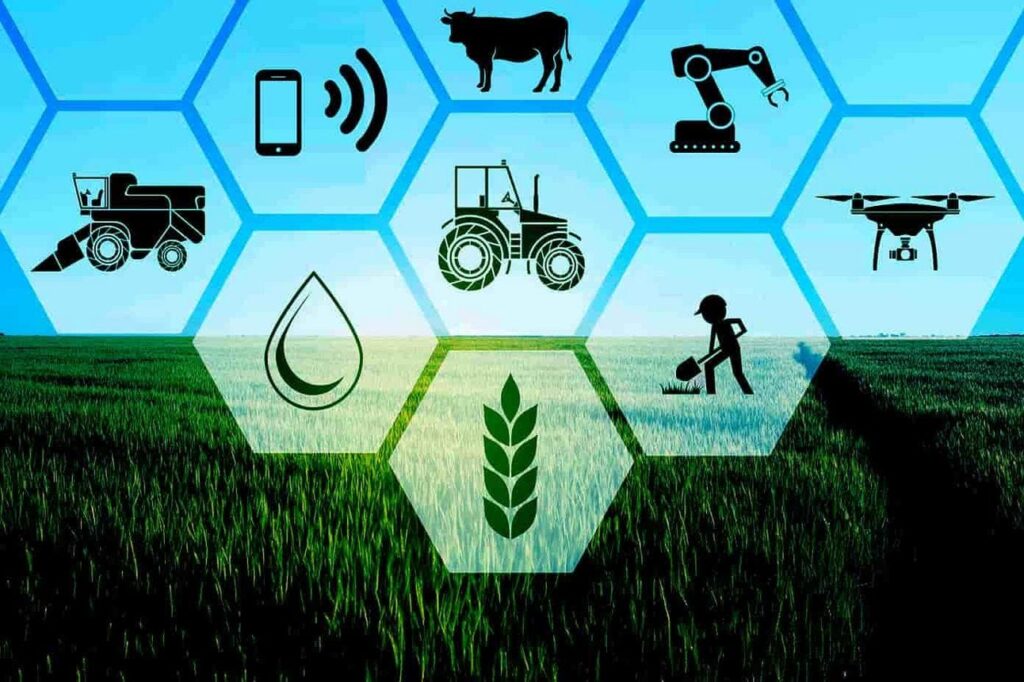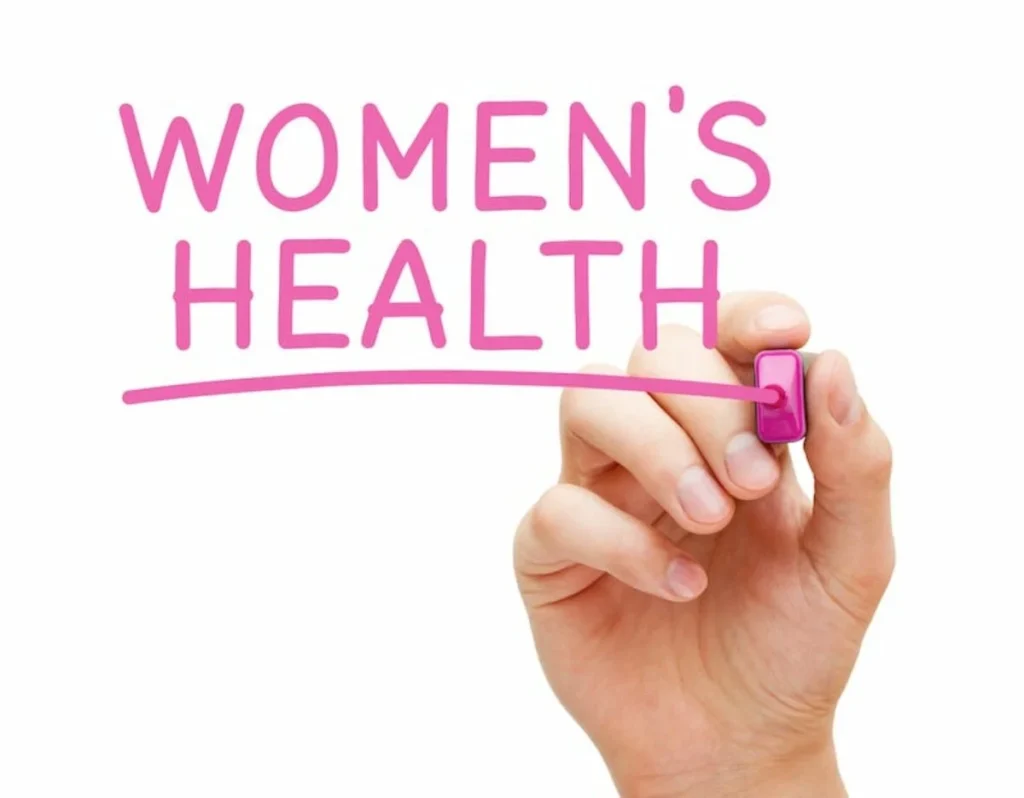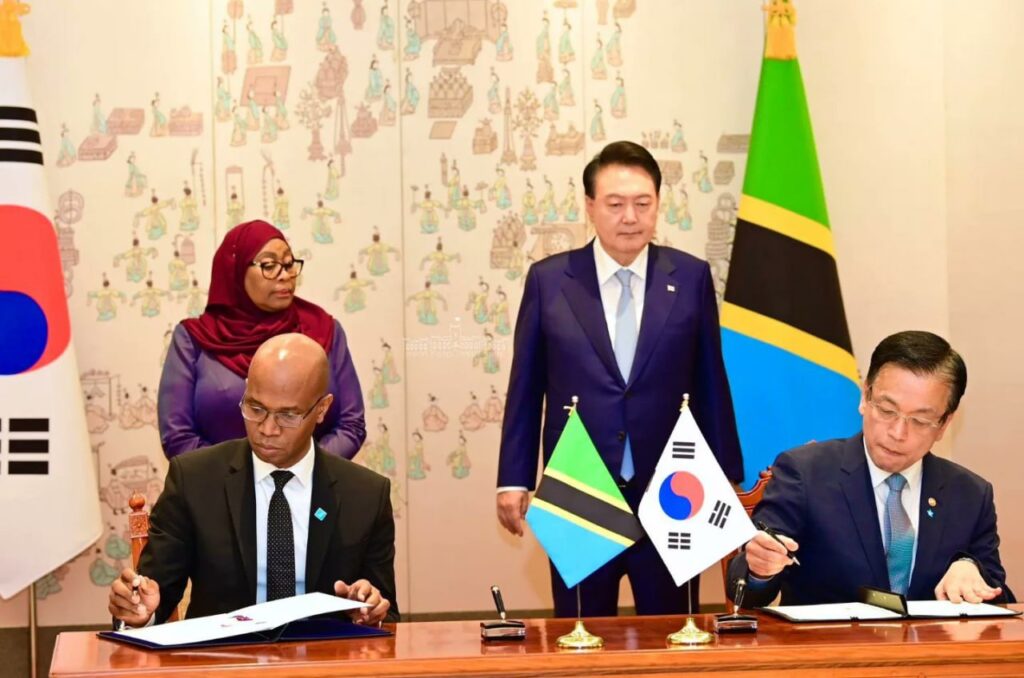- African Energy 2024: Surging investment, waves of change
- AIM Congress 2025: Competition opens doors for Africa’s top tech innovators
- Zimbabwe rolls out $24M project to reduce use of mercury in gold mines
- Zambia secures $184M IMF support as economic growth set to decline to 1.2 per cent
- Equity enters alliance with ODDO BHF to spur Europe-Africa investments
- Air Tanzania hits turbulence: Can the airline fly back to EU skies?
- Ghana’s President Elect John Mahama Outlines His Economic Blueprint
- AfDB backs “green shares” funding model with $30M AFC equity boost
Author: Giza Mdoe
Giza Mdoe is an experienced journalist with 10 plus years. He's been a Creative Director on various brand awareness campaigns and a former Copy Editor for some of Tanzania's leading newspapers. He's a graduate with a BA in Journalism from the University of San Jose. Contact me at giza.m@mediapix.com
- Activation of Julius Nyerere Hydropower Plant (JNHPP) turbines increase output.
- Authorities say a national renovation of power infrastructure is underway.
- Minor outages persist in several regions due to ongoing maintenance.
Tanzania electricity supply has seen a significant increase, with the country now enjoying surplus power output as the current generation capacity reaches 2,152 megawatts (MW), well above the total demand of 1,683MW. This increase in capacity is attributed to the activation of three turbines at the Julius Nyerere Hydropower Plant (JNHPP). That plant alone is projected to produce some 2,115 MW when fully operational.
This remarkable turnaround comes less than a year after Tanzania’s President Samia Suluhu dissolved the entire Tanesco board following persistent blackouts caused by low water levels in dams due to drought and delays in power plant maintenance.
Speaking to the press in the commercial capital of Dar es Salaam, Tanzania’s Deputy Prime Minister Dr. …
- Across Africa, there is still very limited access to education.
- Even when accessible, there is a huge discrepancy in the quality of education offered.
- In a forum held in Tanzania, policymakers have urged governments to increase investment in education.
Education in Africa is poorly funded. In one too many countries, poor funding of education systems is an understatement. The African Union, designated this year, 2024, as its ‘Year of Education,’ and as we enter the last quarter of the year, stakeholders are asking, what have we learned about education in Africa?
The pros and cons of Africa’s education system were most recently highlighted at an education conference, held by the East African Community (EAC) member countries in Dar es Salaam, Tanzania, East Africa. Themed “Educate an African Fit for the 21st Century: Collective Action for Quality, Inclusive, and Life-long Learning in East Africa,” the conference sought to assess progress …
- The EAC’s distribution sector is marred by systemic challenges, despite claims of a working free trade zone in the bloc.
- Stakeholders say that persistent bottlenecks hamper the flow of goods and services across the eight-member area.
- A recent EU-led EAC Peer-to-Peer Learning Conference sought to formulate a strategic action plan to address barriers limiting the industry’s growth and development.
The East African Community (EAC) is an eight-country strong regional free trade bloc in East Africa, by definition, it should mean easier movement or distribution of goods and services, but that’s only true on paper, the reality on the ground is quite on the contrary.
EAC maintains that it is “dedicated to enhancing economic efficiency and fostering regional integration through strategic investments and the utilization of established industries. The goal is to position the Community as a single investment area, harmonizing trade policies, investment incentives, and product standards.”
Protocols demand that …
- Inflation in Tanzania has gone down to 3%, lower than Kenya’s 4.3% and Uganda’s 4% posted in July.
- While economic experts commend the country’s monetary policy for managing inflation, economic woes facing the poor persist.
- Policymakers in Tanzania project to control inflation within the National Vision 2020-2025 target of 3.3 to 4.4%.
Inflation in Tanzania has inched slightly lower to 3.0 percent, compared to 3.1 which was recorded in June, the National Bureau of Statistics (NBS) has reported. The NBS attributes this reduction to the country’s Monetary Policy Committee (MPC) in controlling inflation.
“What lower inflation means is that the cost of living has reduced…the price of goods and services have gone. The current efforts have ensured inflation remains within acceptable limits,” Central Bank’s Directorate of Research and Policy, Mr. Marwa Patrick commended the MPC as strategic and successful.
“This achievement reflects meticulous fiscal and monetary policies and …
- Almost half of world’s population in 2050 will be African youth.
- However, unemployment, food insecurity remain a challenge to African youth.
- Political will and financing are the keys to African youth agribusiness development.
As projections continue to show that the youth in Africa will make up half of the entire world in the two and a half decades (25yrs) alone, one wonders what will be the economic health of this half of the world? According to an Oxford Business Group report on agriculture as a business, experts review African youth as both a problem and a solution to global development, now and the not so distant future as well.
Already, youth in Africa suffer from under education or a total lack thereof, they are unemployed, malnourished and they are dependent; if the trend continues, then by 2050, then this distraught condition of today’s African youth will be the sad and …
- The Dar-Dodoma SGR cuts travel time by more than half the time.
- Two Presidents and one former President aboard the maiden trip.
- Fast speed SGR expected to boost regional economic activities.
The launch of Tanzania’s SGR has ushered a new era across East Africa, where member countries are fast embracing electric train services to enhance transport and spur trade. This month, Tanzania became the latest of several other East African countries to invest in the Standard Gauge Railway (SGR). President Samia Suluhu Hassan and Zanzibar President Hussein Mwinyi as well as former President Jakaya Kikwete officiated the launch of the commercial operation of the country’s first SGR.
This initial August launch of the SGR services will serve between the commercial port city of Dar es Salaam and the capital city Dodoma. Being the first electric train, it marks a new age for the Tanzanian transport sector.
“The new SGR electric …
- Tanzania e-waste is growing rapidly and Dar es Salaam is quickly becoming a major informal recycling site.
- The country’s predicament is reflected across East Africa due to exponential uptake of digital products, creating a scenario akin to Agbogbloshie, the infamous 20-acres e-waste dump in Accra, Ghana.
- Often referred to as a “digital dumping ground,” Agbogbloshie receives discarded electronics from various countries, including the United States and Europe.
E-waste and scrap metal are notoriously polluting the environment around the world and the worst hit are third-world countries, and Africa is at the top of the list. Take for instance the infamous Agbogbloshie, a roughly 20-acre scrap yard in Accra the capital city of Ghana.
Over the last decade, Agbogbloshie has become the symbol of this growing crisis, that is, export, dumping and trading of electronic wastes. And while this humongous dump site may be the biggest but it is far …
-
- Africa failing to meet the needed sustainable agriculture practices
- Adoption of sustainable agricultural practices remains low across the continent
- Digital development key to agro-development in Africa
Food inflation in Africa
Food inflation in Africa is worsening by the day, with the World Bank reporting that 5 of the World’s top 10 countries with the highest real food inflation rates are African countries.
The World Bank’s May 2024 “Food Security Update” highlights sustainable agriculture importance to Africa’s agri-food systems.
“The tenets of sustainable agriculture entail reconciling environmental and social equity with economic development in order to provide for the present without compromising the ability of future generations to meet their own needs,” reads the report in part.
Analysts suggest that sustainable agriculture practices seem elusive for Africa, given that Africa holds 60 per cent of the World’s arable land. Yet, it cannot feed itself, let alone the rest of the World.…
- Each dollar invested in contraceptive services saves up to $31 in other social services
- Healthier women can pursue careers and contribute to national development
- Policymakers need to think about the connections between women’s health and national development
Women’s economists consider women’s health a key determining factor in national development; women’s health refers to the range of health experiences that affect women uniquely, differently, or disproportionately to men.
“The women’s health gap is the disease burden associated with inequities between women and men in intervention efficacy, care delivery, and data,” explains authors of a recent report by the World Economic Forum.
The McKinsey Health Institute authors the report. It shows that ‘closing the women’s health gap globally could result in better overall health, fewer early deaths, and a boost in the economy.’
“Comparatively, more than half of the women’s health burden reflects conditions that affect women disproportionately or differently, with …
-
- Tanzania, Korea ink USD 2.5bn trade pact, cooperation MoU
- Tanzania President Samia completes 6-day Korean visit
- Tanzania earmarks five regions for the ‘Smart City’ project
Tanzania-Korea relations
Tanzania-Korea relations are growing, with the latter securing a $2.5 billion soft loan from the Economic Development Cooperation Fund (EDCF).
The loan comes on the heels of Tanzania’s President Samia Suluhu Hassan’s state visit to the Republic of Korea.
The Tanzania-Korea loan was subject to criticism surrounding its terms. Still, the government of Tanzania has refuted claims that the loan has a security guarantee clause that may have forced the government to ‘mortgage’ some of the country’s resources.
Chief Government Spokesman Mr. Mobhare Matinyi was forced to elaborate on the loan terms following the ongoing social media buzz about what the spokesperson described as ‘misinformation.’
“The government has not mortgaged anything or any property because this loan does not have any conditions that …


